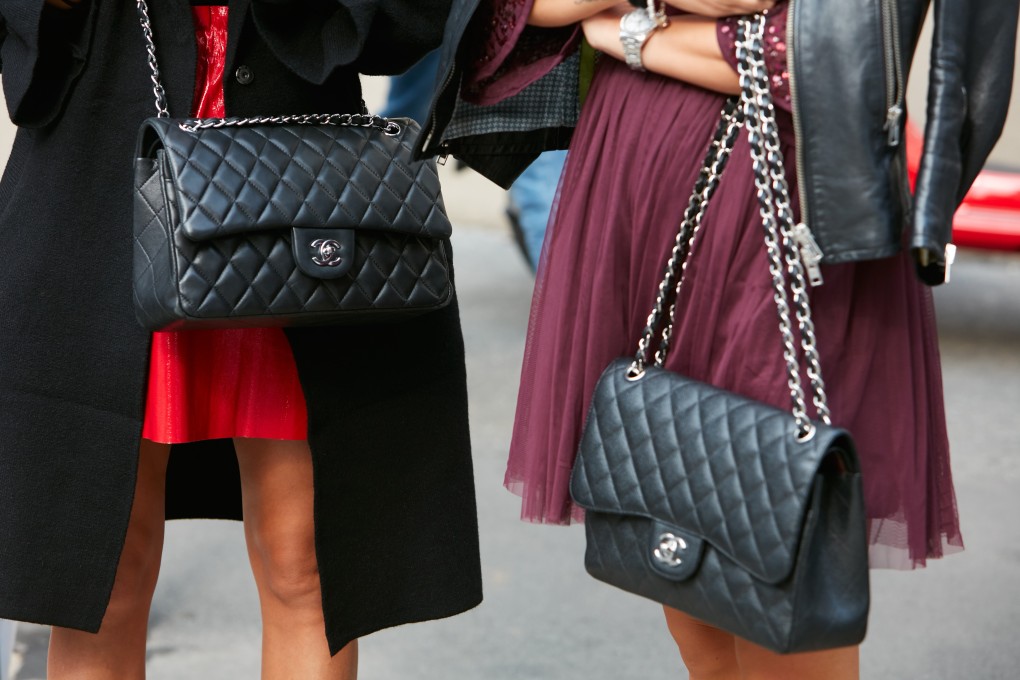Opinion | With Chanel raising bag prices by up to 25 per cent, it is time for customers to demand a fairer system
Instead of discounting, some brands have announced they are about to increase prices. The move is not uncommon in the world of luxury retail, but, in times of global crisis, it comes across as tone deaf

Like other customers, I know price increases can happen multiple times a year (some store staff give VIP clients a heads up). Chanel is not alone in implementing this strategy. Brands such as Louis Vuitton and Hermès – both notorious for their no sales policies – Prada, Dior and Gucci have all hiked the prices of their bestsellers over the years.
So why all the furore this time? Turns out the new prices are up to 25 per cent higher in parts of Asia (compared with 17 per cent in Europe). According to the Business of Fashion website, past increases were usually capped at about 10 per cent, which makes the new adjustments harder to swallow – not to mention that raising prices during a global crisis could come across as tone deaf.
Chanel’s managers were quick to defend their actions, citing an increase in raw material costs and a step towards global price harmonisation (the alignment of prices across different markets to ensure customers pay the same price anywhere in the world). Despite these justifications, many customers were left feeling ripped off.

